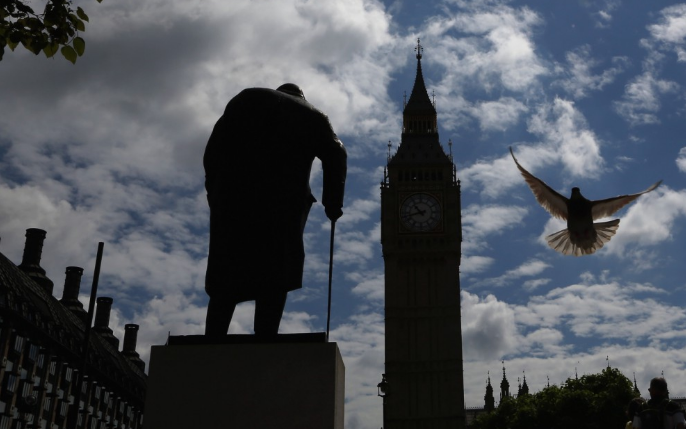The Day After
It’s not always that obvious.
During a regular talk show on a radio station based in the canton of Ticino the host invites callers to tell in which era they would have dreamt to live. A young lady says she would have loved the Middle Ages because of the fashion of the times and the ideal of chivalry. Call me unromantic but I’d have an issue, among other things, with the lack of indoor plumbing and the constant personal security concerns in time of peace (marauding unemployed soldiers were never at rest). Anyhow, the striking assumption the caller is making (whether she realizes it or not) is that she also wishes to be born at the very top of medieval society, otherwise chivalry and nice garments were nowhere in sight.
In the aftermath of the important Brexit vote the commentaries from both leave and stay contingents seem to imply equally hidden assumptions. As do most “informed” analyses from journalists and observers who should know better but are too preoccupied with local politicians and their past decisions.
I’ve said here before that governing the European Union with a single currency and multiple governments is bound to fail. So why is it necessarily bad for the UK to opt out? The economics of trade does not say so unequivocally, and the superior power attributed to a larger trading block in striking trade deals is only as good as its weakest negotiator. But doesn’t the markets’ reaction say that it’s bad for the world? Maybe, but markets are too expensive already, and in this condition any uncertainty together with the positioning for a “remain” victory was bound to shock (think pile of sand). Does the decision take away from the future of younger generations for the benefit of the older ones? Given the answers to the previous two questions perhaps not. Younger people wanted “in”, but it’s fair to observe all of them were born too late to ever have lived in anything else and if they truly want a United Europe they have the numbers and time to work with.
A challenging idea was suggested to me by a good friend at dinner. She asked if it was fair or reasonable to expect populations at large to be subjected to referenda on highly complex questions. Aren’t the politicians elected just for that purpose, among others? I don’t pretend to know the answer; I suppose it depends on the country and its basic historical evolution. Sticking my neck out, perhaps it was a foolish political bet for Cameron to propose the deal in the UK before his last election. On the other hand, the Swiss have happily voted in referenda for a long time.
Schaeuble, speaking at a conference in Berlin before the referendum, said “Europe is not in good shape.” He hoped Britain would vote to stay, but whatever the result “we won’t be able to go on as we have done, otherwise people will say ‘they haven’t understood’.” It’s time to get serious about this.
For the record, I would have voted to stay.
-Photo Sources-
Cover: http://www.telegraph.co.uk/business/2016/06/25/brexit-how-the-uk-can-navigate-through-this-brave-new-world/
